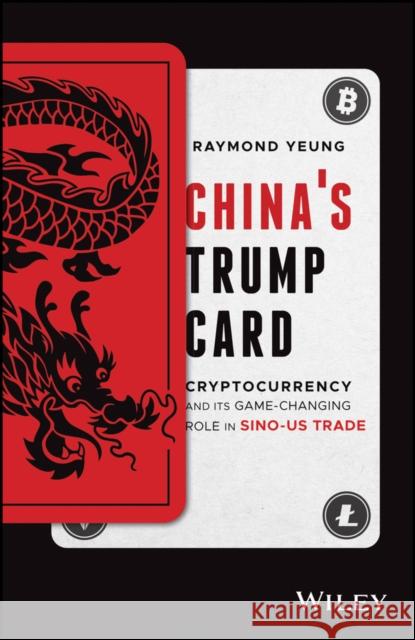China's Trump Card: Cryptocurrency and Its Game-Changing Role in Sino-Us Trade » książka
topmenu
China's Trump Card: Cryptocurrency and Its Game-Changing Role in Sino-Us Trade
ISBN-13: 9781119699125 / Angielski / Twarda / 2020 / 240 str.
Kategorie:
Kategorie BISAC:
Wydawca:
Wiley
Język:
Angielski
ISBN-13:
9781119699125
Rok wydania:
2020
Ilość stron:
240
Waga:
0.50 kg
Wymiary:
21.59 x 14.22 x 2.29
Oprawa:
Twarda
Wolumenów:
01
Dodatkowe informacje:
Bibliografia











